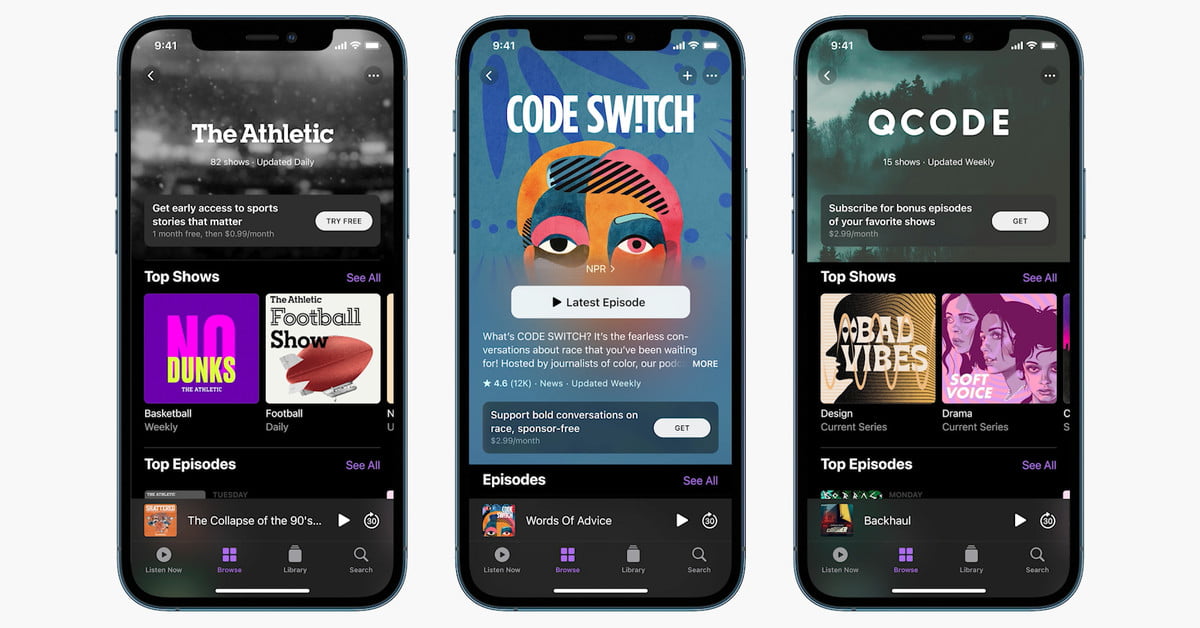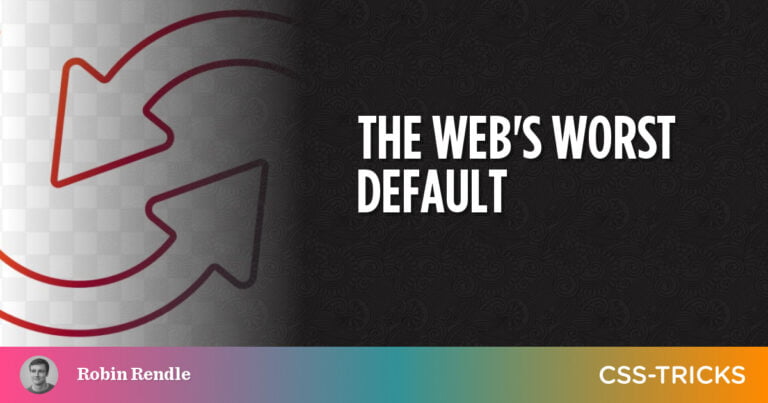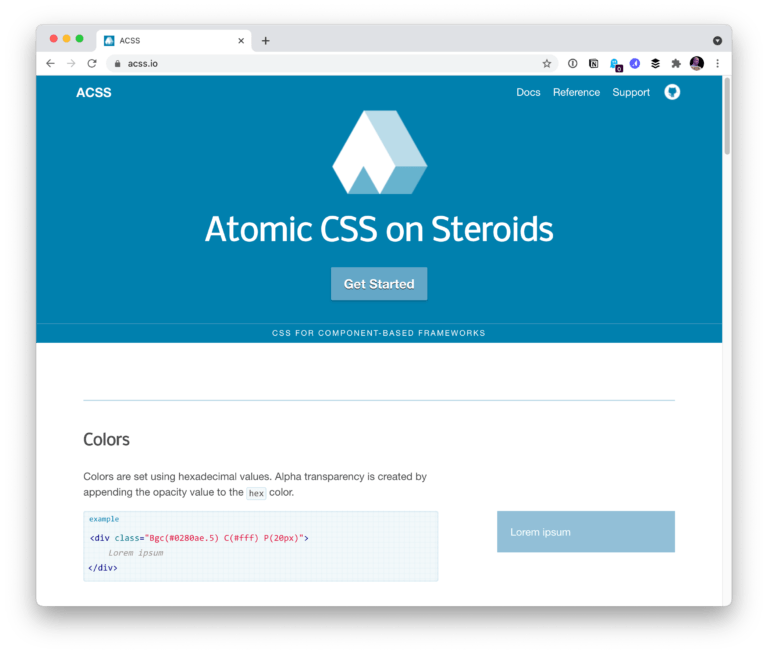
Apple more or less invented podcasting. Now it’s finally going to try to make money from it: The company plans to start selling subscriptions to podcasts and keeping a slice of each transaction for itself.
Apple CEO Tim Cook briefly mentioned plans to roll out a subscription feature during the company’s keynote event Tuesday, without offering more details. But a person familiar with Apple’s plans has spelled it out to Recode:
- Starting next month, Apple will let podcast publishers sell subscriptions to individual shows or groups of shows, and set their own pricing, starting at 49 cents a month in the US.
- Apple won’t require podcasters to create Apple-only exclusive shows, but it does want them to distinguish between stuff they’re already distributing via Apple and stuff going up on other platforms: That could mean ad-free shows or shows with extra content or brand-new shows that only exist on Apple.
- Apple will keep 30 percent of any subscription revenue creators generate in their first year on the platform. After that, Apple’s cut will drop to 15 percent. That’s the same pricing scheme Apple already uses for other subscription services, like TV streamers.
Apple’s announcement comes as big tech companies are showing renewed interest in podcasting and audio in general. On Monday, Facebook announced plans to create its own version of Clubhouse, the social chat app, as well as plans to distribute podcasts itself. Spotify has invested $1 billion in podcast shows and tech. Twitter already has its own Clubhouse clone, and, strangely, CEO Jack Dorsey has shelled out $300 million to buy the failed music streaming service Tidal for Square, the payments company he also runs.
We have yet to see much evidence that consumers want to pay for podcasting, though there are some exceptions — mostly via Patreon, the company that lets fans pay creators for exclusive podcasts or any other creative content they want to sell. And even if Apple sells a lot of podcasts, it’s unlikely to make an impact on the company’s bottom line: Apple’s services unit, which includes things like App Store sales and Apple Music, is already huge, and generated $15.8 billion in the last three months of 2020.
It’s still a meaningful strategic change for Apple, which more or less introduced podcasts — the name is a nod to Apple’s iconic iPod music players — to mainstream audiences in 2005, but until now has never tried to make money from them.
The logic, as Apple executives have told me for several years, was that they didn’t think podcasts could be a meaningful business for the company and were happy to let podcast creators distribute their stuff on Apple’s devices and software for free. Podcasters can still do that, by the way: Apple won’t require anyone to charge anything for podcasts.
In a sense, this may be one of the only ways Apple could make a splash in podcasting. Podcasting, for now, is overwhelmingly an ad-supported business (though still a relatively small one: The industry still hasn’t cracked $1 billion a year in US ad sales: Facebook, by contrast, reported $84 billion in ad sales in 2020). And though Apple tried out digital advertising years ago, it has since taken on a pro-privacy stance that pretty much means it can’t be in the ad business today — at least not using the data-centric tactics that marketers now expect in their digital ad buys.
We’ll get a better sense of how the podcast landscape will change in the near future. Facebook has promised to provide more information about its podcast plans later this week. And Spotify, which has already teased plans to offer subscription options, will be talking about that more later this month, according to someone familiar with the company’s plans.






